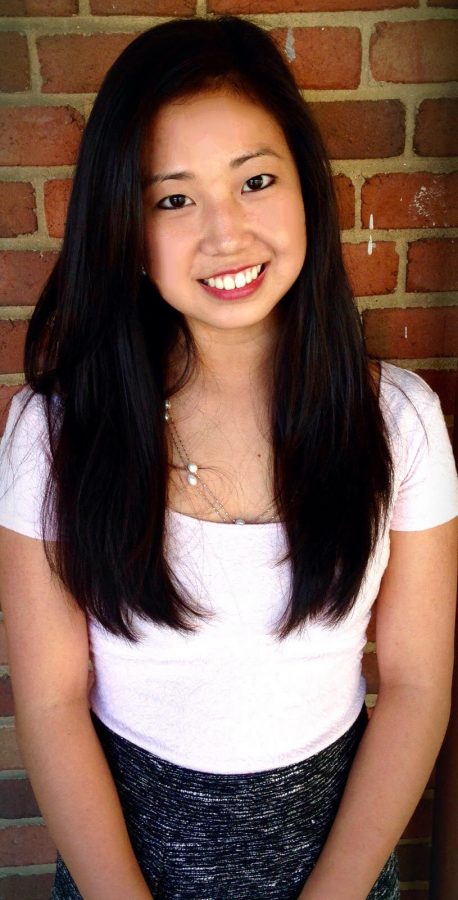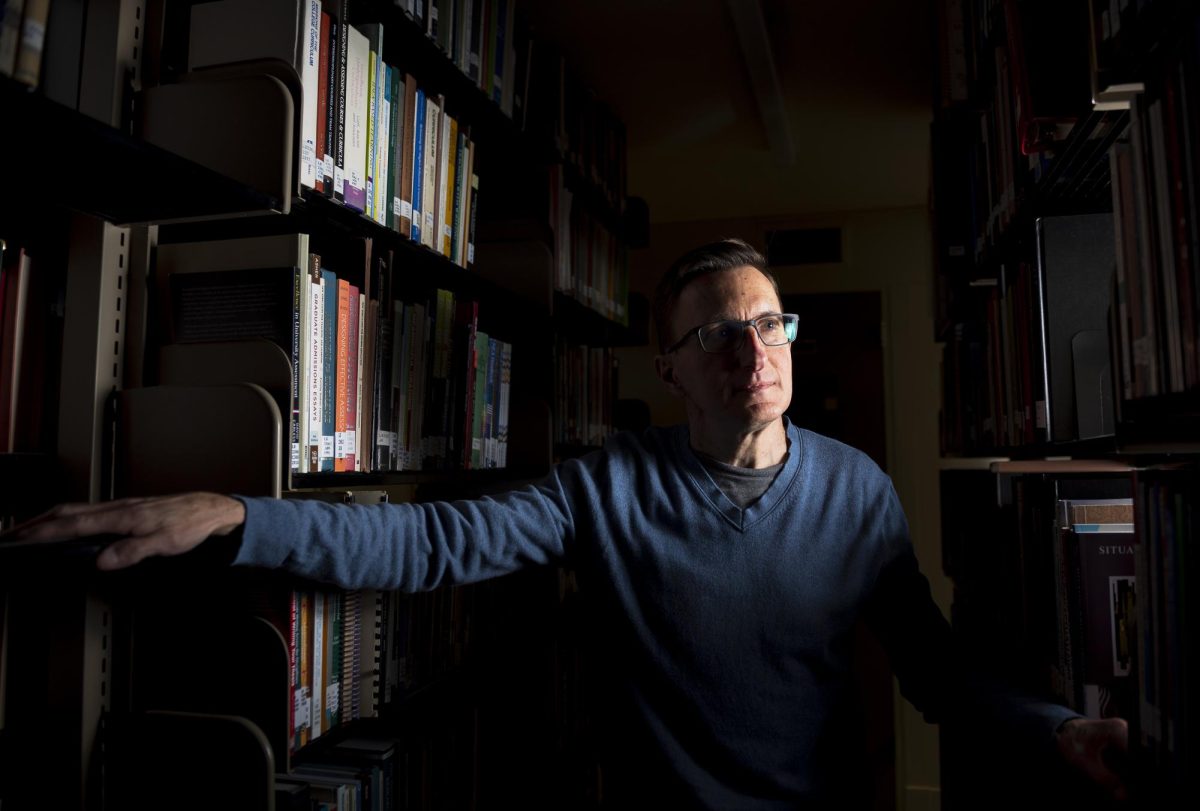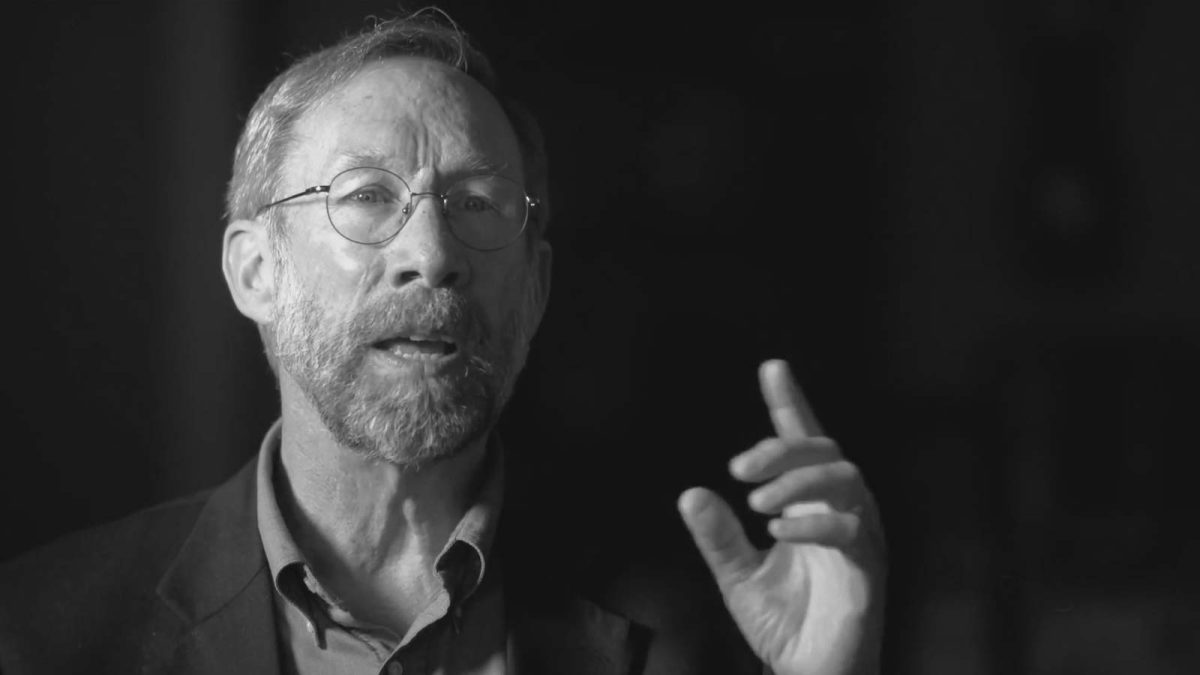Senior Amanda Kim, an education major with a minor in health and human services, appears to have a typical college experience.
She goes to classes, leads a Campus Kitchen shift and is a member of DXP, a multicultural sorority. However, without getting to know Kim, other students would not recognize that she has a sleep disorder: narcolepsy with cataplexy.
After her diagnosis in high school, Kim was forced to adjust to the difficulties associated with having a sleep disorder. She now hopes to use these experiences to spread awareness and advocate for others with invisible disabilities.
Narcolepsy affects 1 in 2000 people in the USA per year. It is characterized by significant disruptions in the normal sleep/wake cycle and irregular REM sleep patterns. Symptoms include: excessive daytime sleepiness, disrupted nighttime sleep, and in approximately 70 percent of people with narcolepsy, cataplexy, which is a sudden loss of muscle tone, or temporary paralysis.
What is something that you want people to know about you, but that they wouldn’t know just by seeing you?
I have narcolepsy with cataplexy. Some people just have narcolepsy while about 70 percent of people with narcolepsy have narcolepsy with cataplexy. Most people aren’t familiar with the term cataplexy. Essentially, it’s the intrusion of sleep during the day. When you dream at night, your body is paralyzed so you don’t act out your dreams, and when you dream you have really strong emotions. So, for people with narcolepsy with cataplexy, there’s a strong emotion that triggers the cataplexy. It can be anger, fear or anything, but for me it’s laughter. Cataplexy is sudden a loss of muscle tone. This can be anything from your neck giving out, half your body, just an arm, etc., but for me, it’s a full body collapse.
During the day I take medication for it so I can laugh and everything is okay. Sometimes I’ll be laughing with my friends later at night and if I’m holding something, for example, they have to grab it or I’ll drop it. A lot of the time, I have to find somewhere to sit in order to avoid falling.
So you were diagnosed at an early age?
Yes, during my junior year of high school. Second semester of my freshman year, I started realizing something was wrong. I had basically been sleep deprived my entire life. I haven’t been to bed before 10 p.m. since fourth grade, so I knew what normal sleep deprivation felt like. It was when I couldn’t function anymore that I realized something was wrong. Everything started to fall apart. I couldn’t stay awake in class to save my life.
I remember being really concerned about myself sophomore year when I wrote a paper. I started it from 9-11 p.m., went to bed and woke up. I wrote more from 1-3 a.m., then went back to bed again. I finished it from like 5-6 a.m. and then went to school. When I got that paper back, it wasn’t until I got to the second page that I recognized the writing. Before I even read the second page, I had to flip back to the first page to see if it was actually mine. I did not remember writing it most of it.
This is when I realized there was definitely something wrong. This was hard because when you’re exhausted, people think it’s because you’re not sleeping enough. That part is true, but even when I cut back on extracurriculars and slept more it just wasn’t enough. I would fall asleep all over the place, in cars, in movies, etc. People thought I was lazy, even though I’ve never had a hint of laziness in my personality. My friends didn’t understand either. They all said they were tired all the time too. I knew something was just not right, but nobody believed me.
How has narcolepsy affected your day-to-day experience at Wake Forest?
I take medication every morning when I wake up, but of course, this wears off by around three in the afternoon. In terms of making it through the day, I self-medicate with caffeine, which is not at all recommended by my doctor.
I used to have a booster pill to help me get through the day, but it was a stimulant that caused me so much anxiety that I just couldn’t take it anymore. I end up doing a lot of my homework on the weekend because the school day itself can be so tiring, that I don’t get much homework done.
I also don’t sleep well throughout the night. Basically, when I’m supposed to be awake, I’m sleepy, and when I’m supposed to sleep, I wake up all the time. I take a medication that lets me sleep for four hours at a time, which is complicated because depending on the night and when I end up going to bed, I have to pick between four or eight hours of sleep so I don’t sleep through my alarm the next morning.
How has your disorder impacted who you are today?
If a cure were to come out, I would be the first person in line for it. But when I look back on my experience, I can’t say that I would rather have not experienced it at all. Before I was diagnosed, I had a really privileged life. I was doing well in school, I had really great friends, I was dancing competitively and I didn’t have any real issues that mattered.
Having with my health compromised and experiencing the academic struggles that came along with that, opened my eyes to all that I had taken for granted. I didn’t understand how inequitable or unjust life could be before that. I would like to think of myself as a sympathetic person, but my diagnosis opened my eyes to greater things in the world that people face every day that just went right over my head before.
What is frustrating about the misunderstanding of narcolepsy? What do you want more people to know?
One misunderstanding is that people attribute overwhelming exhaustion to laziness — people think you can control it, but it’s something that just takes over. You can’t control it. Sometimes people think it’s a joke, that I’ll be having conversations and just pass out in the middle of it, with no warning signs or anything. There are people, who mid-conversation will do this, but those are more extreme cases. For them, it’s so disabling that they cannot live a reasonably normal life, but many people with narcolepsy don’t experience excessive daytime sleepiness to this extent.
Also, narcolepsy takes on average seven years to get properly diagnosed, which means seven years of bouncing around between doctors because narcolepsy mirrors extreme sleep deprivation. Doctors have a hard time differentiating between extreme sleep deprivation and people who actually have a disorder when they’re listening to patients retell their experience.
What have you done to increase awareness on campus?
This past fall I became a Narcolepsy Network youth ambassador and through my training, I plan on presenting material about narcolepsy to teachers. Narcolepsy typically hits people in adolescence, but there are also kids who get it at three and adults who get it after 50. Since teachers tend to see kids for the majority of the day, it is essential that they know about narcolepsy. Teachers are often in the position to notice developing symptoms and changes in behavior that are key to diagnosing students.
More directly on campus, I put together the Week of Sleep last year with the help of Jim Lee, one of last year’s Faculty Fellows. I had come up with a sleep-focused initiative as part of an internship with the Office of Wellbeing my junior year. Malika, who is the director of Wellbeing wanted to do something sleep-related too and thought my ideas fit perfectly with hers.
People don’t typically value their sleep; we feel good about ourselves based on how little sleep we get, so the idea that sleep is actually valuable is difficult to get through people’s heads. Through the Week of Sleep, I hoped to help people value sleep and to show why it is important and how to get better sleep. It gets people to try to prioritize their sleep. To be honest, before Narcolepsy, I didn’t value my sleep either. It wasn’t until I was forced to that I realized I needed to do this, even if I didn’t have Narcolepsy.
It’s difficult that I can’t do that extra club that I love if it sacrifices sleep like I used to. I can’t cram in extra homework to get that higher grade. There are many times I’ve gone to bed at a decent time knowing I will get a lower grade the next day, truly choosing my health over my GPA. This still bothers me, but I am getting better at putting myself first. Learning to put my self-value in something other than my academics has been a challenge, but also rewarding.
How will you take these lessons with you after graduation?
I am an elementary education major. I think the adversity that I went through helped me learn how to advocate for myself. The world of accommodations is a difficult one. Also, having a disorder that nobody can see is equated with having nothing wrong with you. Being a teacher, I plan on being understanding and accommodating. Just because you can’t see something doesn’t mean a problem or experience doesn’t exist. I also want to teach my students the difference between pity and compassion. Pity comes from a place of fear and misunderstanding, while compassion comes from caring for others and acknowledging universal adversity.






















